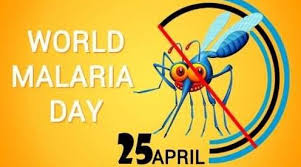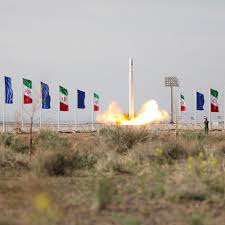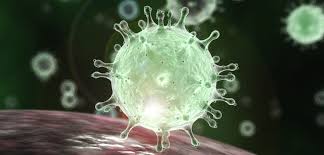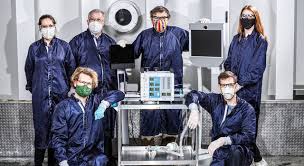
Centre for Cellular and Molecular Biology (CCMB) is currently developing an inactivated virus vaccine for COVID-19. These inactivated vaccines are known for their safety and easy production.
What is an inactivated virus vaccine?
Generally, the active virus is cultured in large numbers. They are then killed either by a chemical or heat. Although the pathogen is killed or made to lose its reproduction capacity, various parts of the virus, like the spike protein with which it enters the cells, remains intact. The antigen or the chemical structure that is recognized by the immune system will be left unimpaired. When this dead microbe is introduced, the immune system is tricked to respond by producing antibodies against specific antigens still left intact, without knowing that the pathogen is dud. Inactivated polio vaccine and the rabies vaccine are made this way.
The pathogen cannot reproduce as they are dead and it can’t cause even a mild disease. Hence, it will be safe to administer to even people with lesser immunity, like the old and those who have comorbidity.
If a large amount of virus is grown and made inactive, it will become a material for the candidate vaccine to be injected. Now the virus will not be active but the human body will recognize the proteins of the virus and start making antibodies against it. So, it acts as the inactivated virus vaccine.
Vaccine production:
Vaccination is thought to be the most effective and sure way to arrest the progress and deadly effect of coronavirus.
CCMB is using the epithelial cell line from African green monkeys grown in Petri dishes to artificially culture and harvest the deadly virus. The cells will be observed and if the cells show changes, including dying of cells and release of the virus, then the culture is positive. The researchers make an in-vitro system, which can be checked for its potential. The novel coronavirus grown in the cell culture will be harvested, inactivated and the vaccine would be developed.





